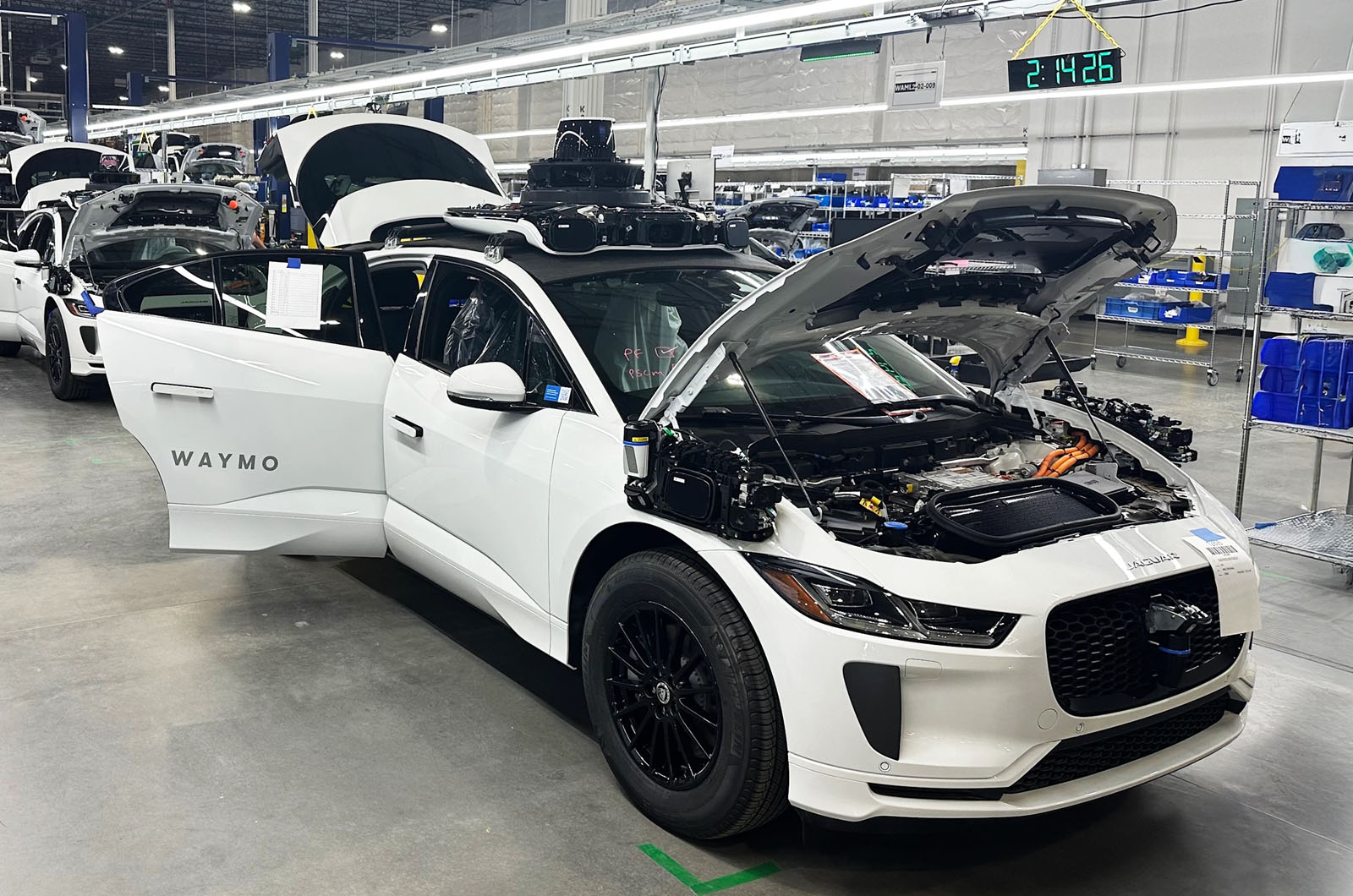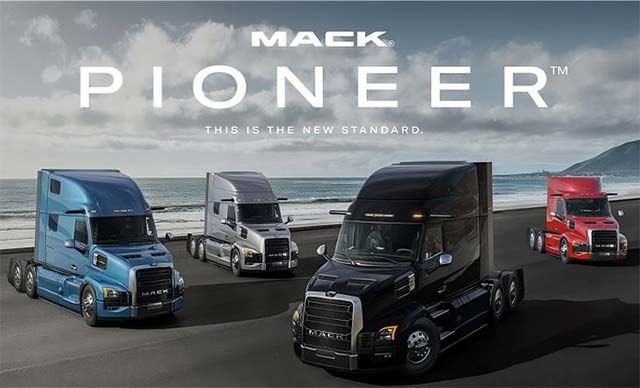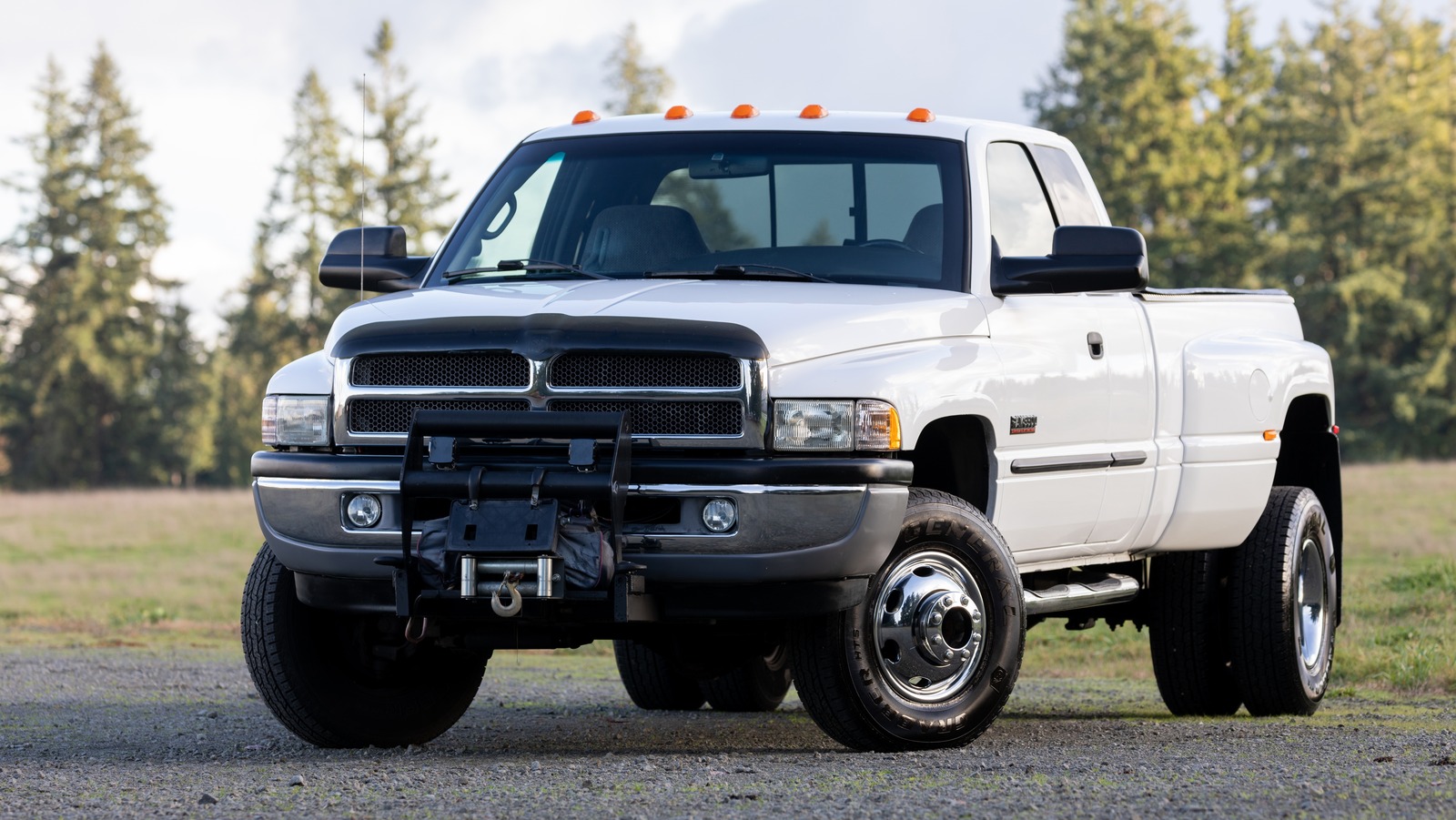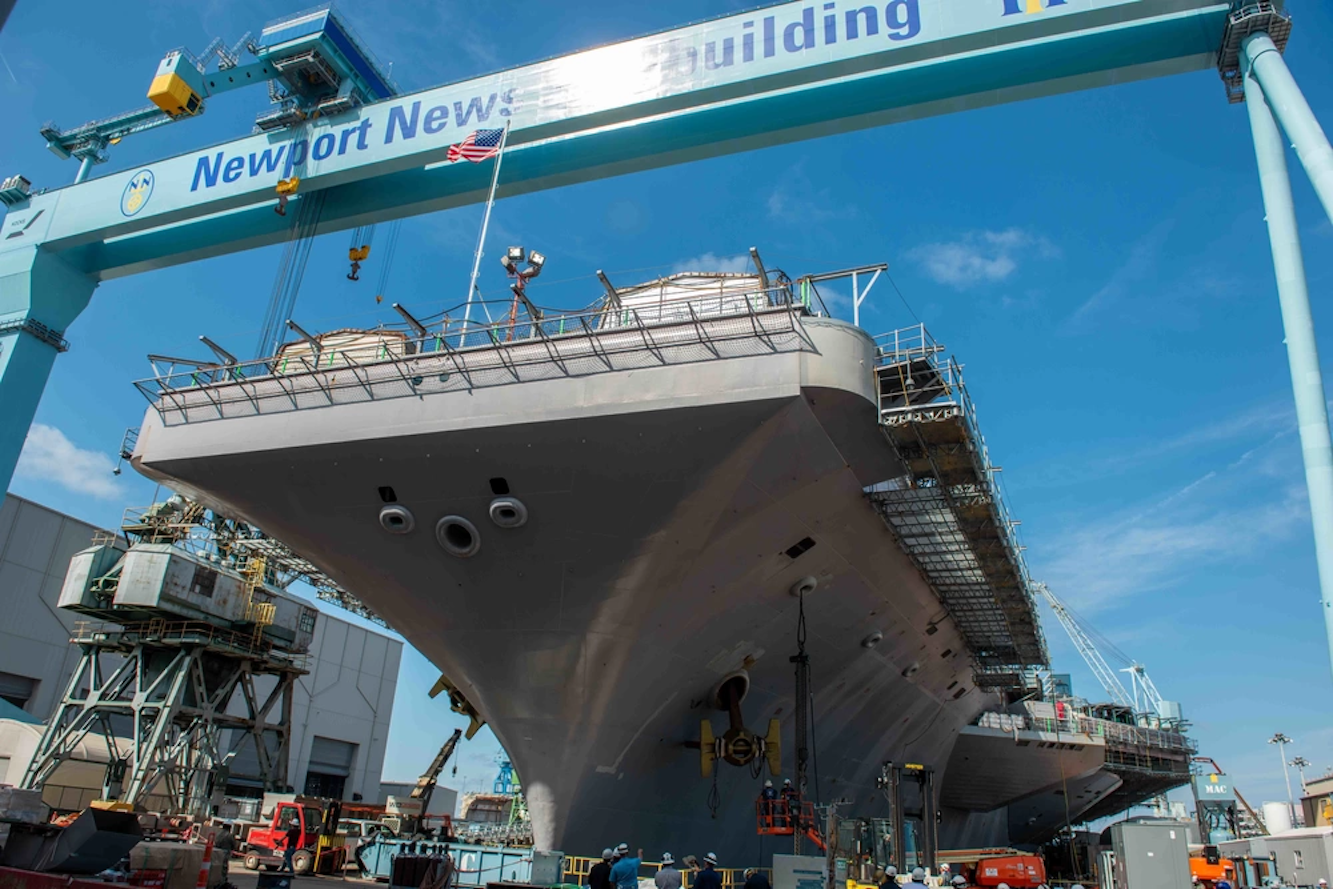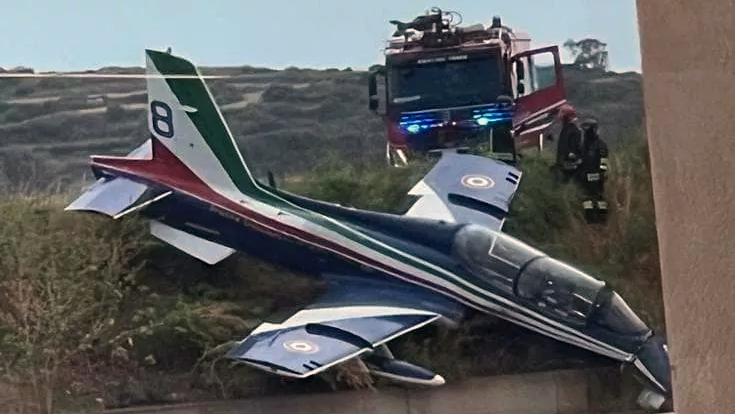Another federal circuit weighs broker liability, boosting odds of Supreme Court review
Another broker liability case is now before a federal appeals court, increasing the chances the issue will go before the Supreme Court. The post Another federal circuit weighs broker liability, boosting odds of Supreme Court review appeared first on FreightWaves.

Another case involving the question of broker liability – one that brokerage giant TQL already won at the federal district court level – is awaiting a decision from the U.S. Court of Appeals for the 6th Circuit on the appeal from the family of a woman killed by a truck hired by TQL.
The location of the case is significant. The original case, Cox vs. TQL, was decided in favor of TQL in June 2024 in the U.S. District Court for the Southern District of Ohio. Ohio is in the 6th Circuit of the federal judiciary system.
Oral arguments were heard in January.
Attorneys who represent brokerage companies have been hoping the U.S. Supreme Court will take up the question of whether a broker is liable if a carrier hired by the 3PL gets into an accident or some other misfortune occurs, such as a theft. The scoreboard so far: Brokerages have prevailed in cases not just in lower courts but at the appellate level in the 7th and 11th circuits. But in the case of Miller vs. C.H. Robinson (NASDAQ: CHRW), a 9th Circuit court ruled against the brokerage in a complicated decision.
Three strikes so far at SCOTUS
With the split decisions among the circuits, there have been at least three attempts to get the Supreme Court to clarify the issue of broker liability, but it has swatted them all away so far in not granting certiorari.
One of those cases also involved TQL. Its attempt to get Supreme Court review was unusual in that while it was the plaintiff that filed the request with the high court, TQL, which had won at the appellate level in the 11th Circuit, agreed with the plaintiff that the Supreme Court should take up the issue. Like many others in the brokerage sector, it sought to have Supreme Court clarification on the issues. But the request was denied in January.
A decision by the 6th Circuit upholding the lower court ruling in favor of TQL would add slightly to the split, because the scorecard would have three circuits ruling in favor of the legal argument that federal law under the Federal Aviation Administration Authorization Act (F4A) preempts broker liability in such cases, with the 9th Circuit decision in Miller vs. C.H. Robinson on the other side of the divide to a limited degree.
But a 6th Circuit decision in favor of the plaintiff in the TQL case, the family of Greta Cox, killed in the 2019 crash, would create further divisions in the issue, which might pry open the door to Supreme Court review a little wider.
At the recent Capital Ideas Conference of the Transportation Intermediaries Association, Marc Blubaugh, co-chair of the transportation practice at the Benesch law firm – and coincidentally located in Columbus, Ohio, in the 6th Circuit – raised the prospect of Cox vs. TQL helping a push for certiorari on the question of broker liability.
More decisions mean more chances
“The more circuit decisions that come out, the greater the likelihood that the court would resolve the split among the circuits,” Blubaugh said. “It is one of the criteria that the court looks at in addition to whether it is an issue of critical importance to the Supreme Court.”
In the Ohio case, according to court documents, Greta Cox was driving with her grandson Brian Ragland on May 8, 2019, when her car was struck from behind by a truck driven by Amarjit Singh Khaira, who was driving for a company called Golden Transit.
That company had been hired by TQL to transport condiments from Kraft Heinz (NASDAQ: KHC) from Illinois to California.
In the original complaint filed by the Cox estate in January 2019, attorneys make several claims. One is that TQL was a motor carrier and identified itself as such. It’s not just a casual term in litigation questions over brokers and the F4A; decisions have been made in favor of 3PLs in which a court has determined a 3PL is not a motor carrier. If it were, it could be found liable under the so-called “safety exception” of F4A, which has the potential to bring in a wider range of negligence and other claims against a carrier that otherwise might be blocked by F4A.
The key provision of F4A, which dates back to 1994, is that a state cannot take regulatory action that impacts a “price, route or service” of a motor carrier or other transportation method. But the safety exception says F4A does not “restrict the safety regulatory authority of a State with respect to motor vehicles,” including such issues as cargo size, weight and insurance. It was the safety exception that led to an unfavorable decision for C.H. Robinson.
The lawsuit also says Golden Transit was “an unsafe, incompetent motor carrier with a history of publicly available red flags [and had] a history of safety violations.”
The initial suit against Golden Transit and its drivers was settled out of court for an undisclosed amount.
That left the litigation against TQL, which said action against it was preempted by F4A. Judge Jeffrey Hopkins agreed.
Hopkins said of the Cox estate’s claim that TQL was a motor carrier, which could have opened the door to the safety exception, that the charge was “preempted because a common law negligence claim enforced against a broker is not a law that is with respect to motor vehicles.”
On the question of liability and whether finding a broker can be liable or negligent under F4A, Hopkins turned to a court ruling in a case involving Ying Ye and GlobalTranz, in which the 3PL prevailed. The case was one of the decisions where the losing plaintiff sought Supreme Court review and didn’t get it.
“The enforcement of such a claim and the accompanying imposition of liability would have a significant economic effect on broker services,” Hopkins wrote. He then cited, working from the GlobalTranz case: “By recognizing common-law negligence claims, courts would impose in the name of state law a new and clear duty of care on brokers, the breach of which would result in a monetary judgment.”
More articles by John Kingston
Breaking from the FreightTech AI pack: Companies make their case at TIA meeting
New Mack long-haul truck makes grand entrance in bid for market share
ATBS says independent drivers earned a little more in ’24 but drove more as well
The post Another federal circuit weighs broker liability, boosting odds of Supreme Court review appeared first on FreightWaves.















